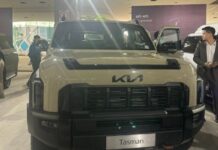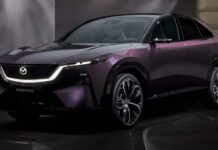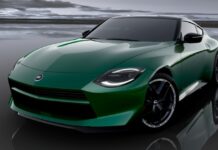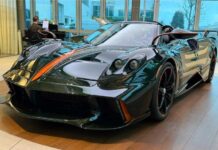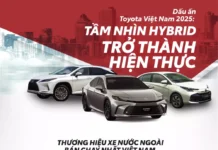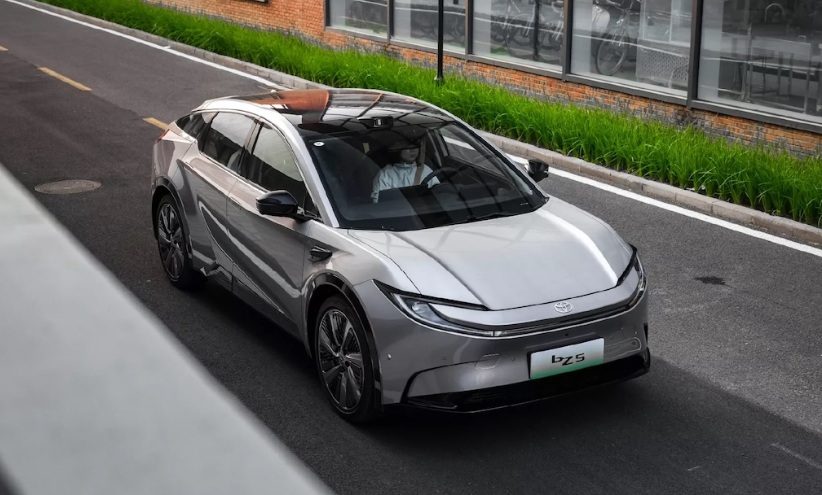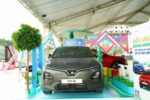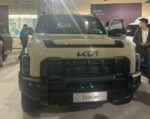As the global automotive industry undergoes a historic shift towards electrification, Japanese automakers, known for their “slow and steady” philosophy, are under pressure to accelerate their efforts.
Instead of developing everything in-house, giants like Toyota, Nissan, and Mazda have chosen an unexpected path: partnering with Chinese companies to create electric vehicles, before introducing them to markets outside of China. This collaboration is driven by a profound strategy encompassing technology, cost, and market accessibility.
China: The Nexus of Electric Vehicle Technology and Supply Chains
It’s no coincidence that Japanese automakers are turning to China for EV development. China is currently the world’s largest producer of electric vehicles, boasting a complete supply chain, from batteries and motors to software platforms and charging infrastructure.
Chinese companies such as BYD, CATL, Huawei, Geely, and Changan have established a superior EV technology ecosystem. They can develop a complete electric vehicle in just 18-24 months, while many Japanese companies take twice as long when starting from scratch.
The Toyota bZ5 sedan, designed for the Chinese market, exemplifies this collaboration. Despite bearing the Toyota logo, this vehicle utilizes BYD’s batteries and motors and is produced by the FAW Toyota joint venture. It targets young consumers with its affordable price and range of over 600 km.
The Cost of Delay and the Pressure to Stay Relevant
The Japanese automotive industry once led the world in hybrid and internal combustion engine technology. However, in the era of electric vehicles, they are being left behind by the likes of Tesla, BYD, and Hyundai/Kia, who have released numerous modern, competitively priced EVs packed with software features.
This lag can be partly attributed to a conservative product strategy and a long-held belief in hybrid and hydrogen technologies. However, as the global market rapidly shifts towards EVs, Japanese automakers are forced to adapt.
Collaborating with China provides a “shortcut” to stay in the game. Instead of spending billions of dollars and years developing new platforms, Japanese companies are opting to leverage existing Chinese technology to bring products to market faster, especially in developing economies.
The Strategy: Produce in China and Export Worldwide
Interestingly, many Japanese vehicles manufactured in China are not solely intended for the domestic market but are also aimed at export to regions like Southeast Asia, the Middle East, South America, and even Europe.
For instance, the Mazda EZ-6, unveiled at the 2024 Beijing Auto Show, is a collaboration between Mazda and Changan, utilizing a Chinese electric vehicle platform. This model is not only targeted at Chinese consumers but is also prepared for export to markets where Mazda seeks growth but cannot establish domestic EV factories.
Similarly, the Nissan Sylphy EV, produced by the Dongfeng joint venture, is expected to expand into markets demanding affordable EVs. With its low production costs and large-scale manufacturing capabilities, China is becoming the “global EV workshop” for both domestic and international automotive giants.
Learning and Adapting in the Electric Age
This collaboration not only expedites product development for Japanese automakers but also serves as a means to learn and adapt to new technological ecosystems, which they lack compared to their competitors.
Additionally, partnering with companies like BYD, Geely, and Changan helps Japanese brands maintain their foothold in the Chinese market, which was once their largest but is now increasingly dominated by domestic brands.
A Necessary Alliance in the Age of Electrification
The partnership between Japanese automakers and their Chinese counterparts is not a sign of weakness but a strategic choice in a rapidly changing global landscape. It enables cost reduction, shorter product launch timelines, market share retention, and technological advancement while preserving brand identity.
While some independence may be compromised, Japanese automakers recognize the importance of staying in the game in the era of electric vehicles. With speed, data, and software becoming increasingly crucial, they understand that China, whether as a rival or partner, remains the best place to start fresh in this revolution.
TH (Tuoitrethudo)
VinFast Delivers 11,496 Electric Cars in May 2025
VinFast, the leading automotive manufacturer, announced impressive business results for May 2025 in Vietnam. With a remarkable performance, the company delivered 11,496 electric vehicles in the domestic market, bringing the year-to-date sales to an impressive 56,187 units. This showcases VinFast’s strong presence and rapid growth in the Vietnamese market, solidifying its position as a key player in the automotive industry.

